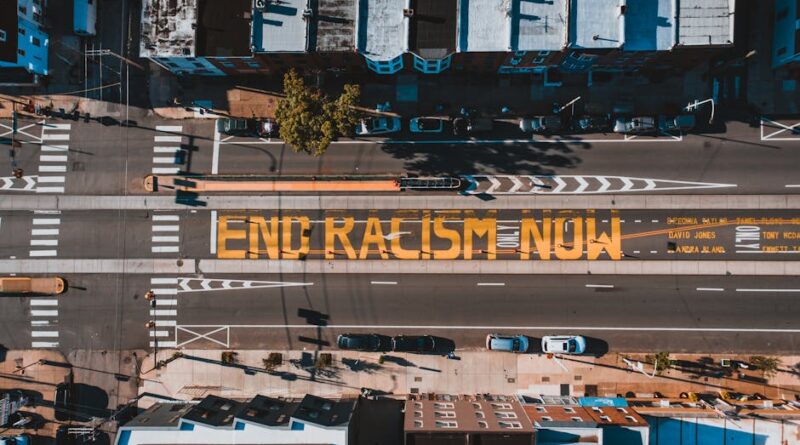Social Justice Highlights: Exploring Inequality, Equity, and Advocacy
Welcome to a deep dive into the world of social justice highlights. In a society where disparities in opportunities and treatment persist, the concept of social justice plays a crucial role in advocating for fairness, equality, and inclusivity. From historical movements to current struggles, social justice highlights shed light on the ongoing fight against systemic discrimination and oppression. Join us on a journey to uncover the complexities, challenges, and triumphs of social justice in our world today.
The Roots of Social Justice
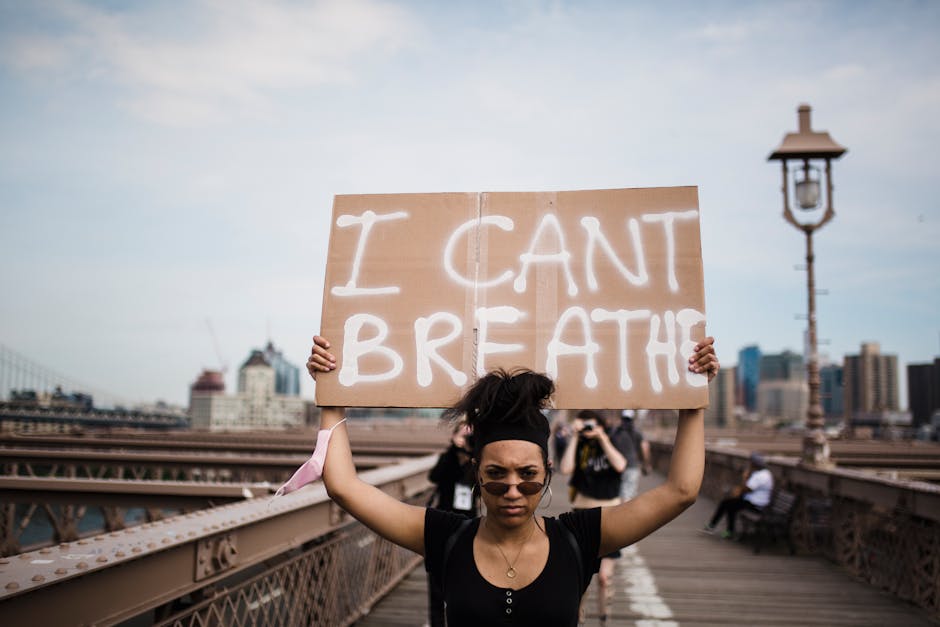
At the core of the social justice movement lies a commitment to addressing the root causes of inequality and injustice. From the civil rights era to modern-day activism, social justice highlights the need for systemic change to ensure that all individuals are treated with dignity and respect. The history of social justice is deeply intertwined with movements for racial equality, gender equity, LGBTQ+ rights, and economic empowerment. By examining the historical context of social justice, we can better understand the challenges we face today and the progress that has been made over time.
Intersectionality and Inclusivity
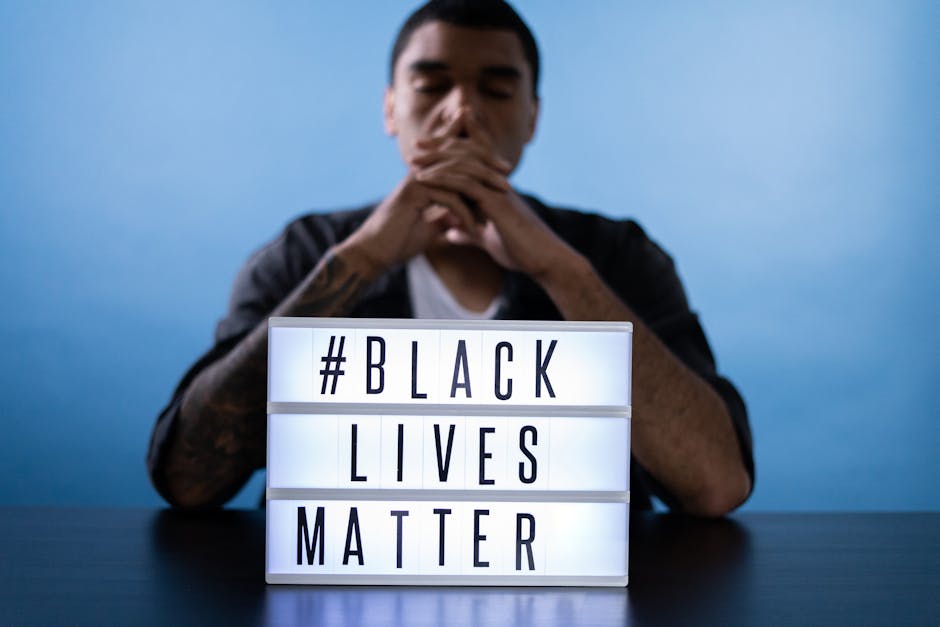
One of the key tenets of social justice is the concept of intersectionality, which recognizes that individuals may experience multiple forms of oppression based on their race, gender, sexuality, class, ability, and other identities. By acknowledging the intersectional nature of discrimination, social justice advocates strive to create inclusive spaces that honor the diversity of human experiences. From inclusive policies to intersectional activism, social justice highlights the importance of addressing the complex ways in which discrimination operates in our society.
Advocacy and Activism
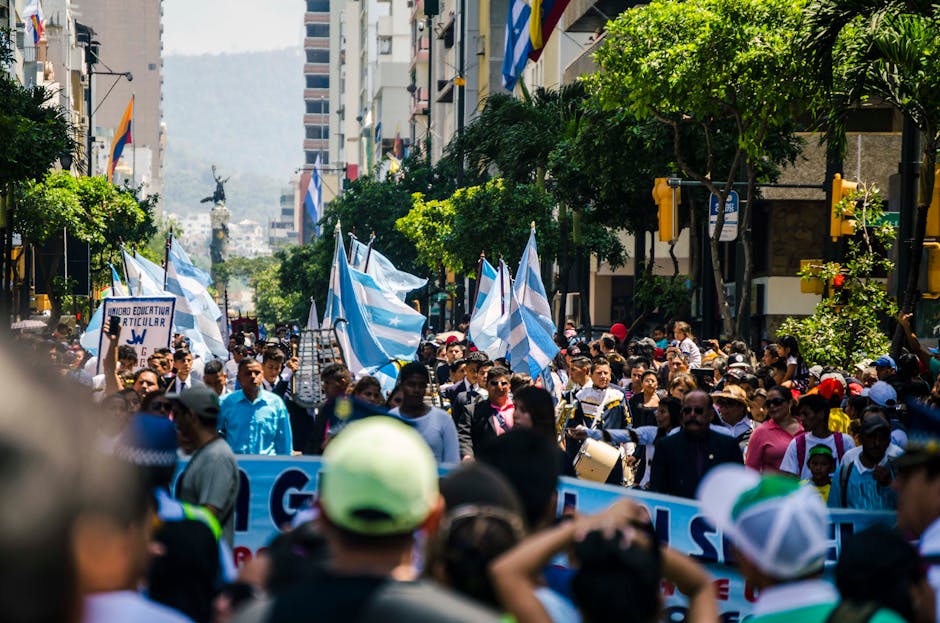
Central to the social justice movement is the role of advocacy and activism in creating systemic change. From grassroots organizations to international campaigns, social justice highlights the power of collective action in challenging oppressive systems and structures. By amplifying the voices of marginalized communities, advocating for policy reform, and engaging in direct action, social justice advocates work to dismantle barriers to equality and justice. Through advocacy and activism, individuals can make a real impact on the world around them and contribute to the ongoing struggle for social justice.
Equity in Education
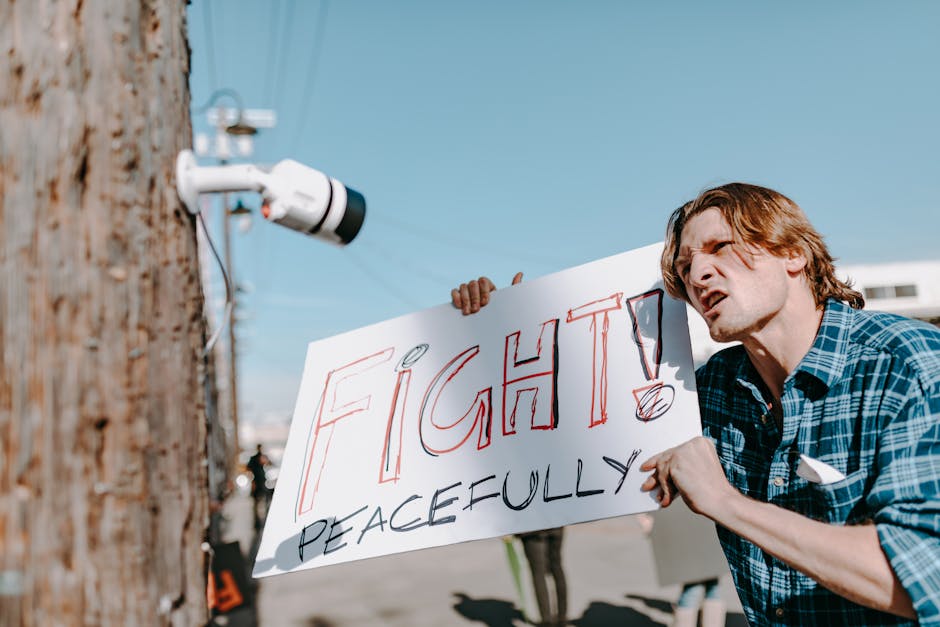
Education is often seen as a pathway to social mobility and economic opportunity, yet disparities in access and quality persist across communities. Social justice highlights the need for equitable education policies that address the systemic barriers faced by marginalized students. From school funding inequities to the school-to-prison pipeline, social justice advocates work to create a more just and inclusive education system for all. By centering equity in education, we can ensure that every student has the resources and support they need to succeed.
Environmental Justice
Environmental justice is a critical component of the social justice movement, as marginalized communities often bear the brunt of environmental degradation and pollution. Social justice highlights the disproportionate impact of environmental hazards on low-income communities, communities of color, and indigenous populations. By centering the voices of frontline communities, advocating for sustainable practices, and challenging environmental racism, social justice advocates strive to create a more equitable and sustainable world for all. Through the lens of environmental justice, we can understand the interconnectedness of social, economic, and environmental issues.
Global Solidarity
Social justice is a global issue that transcends borders and boundaries, connecting struggles for justice and equality around the world. Social justice highlights the importance of global solidarity in confronting shared challenges such as poverty, war, displacement, and human rights abuses. By building alliances across cultures, communities, and movements, social justice advocates can amplify their impact and create lasting change on a global scale. Through the lens of global solidarity, we can recognize our shared humanity and work together towards a more just and equitable world for all.
Expert Opinions
According to Dr. Angela Davis, a renowned activist and scholar, “Social justice is not just a buzzword; it is a commitment to challenging power dynamics and creating a more just society for all.” Dr. Davis’s work has focused on addressing issues of race, gender, and class in the pursuit of social justice.
Dr. Cornel West, another prominent voice in the social justice movement, emphasizes the importance of love and justice in creating a more equitable world. According to Dr. West, “Justice is what love looks like in public, and love is what justice looks like in private.”
Common Misconceptions
One common misconception about social justice is that it is a zero-sum game, where one group’s gain comes at the expense of another. In reality, social justice is about creating a more equitable and inclusive society for all individuals, regardless of their background or identity.
Another misconception is that social justice is only about redistributing resources or wealth. While economic justice is a key component of social justice, it also encompasses issues of race, gender, sexuality, disability, and other forms of oppression. By addressing the interconnected nature of discrimination, social justice advocates work towards a more comprehensive vision of justice and equity.
Conclusion
To wrap things up, social justice highlights the ongoing struggle for equality, justice, and inclusivity in our society. By examining the roots of social injustice, embracing intersectionality and inclusivity, engaging in advocacy and activism, promoting equity in education, addressing environmental justice, and fostering global solidarity, we can work towards a more just and equitable world for all. Let us continue to amplify the voices of marginalized communities, challenge oppressive systems, and create a more inclusive and just society for future generations. Together, we can make a difference and build a world where social justice is not just a goal, but a reality for all.

